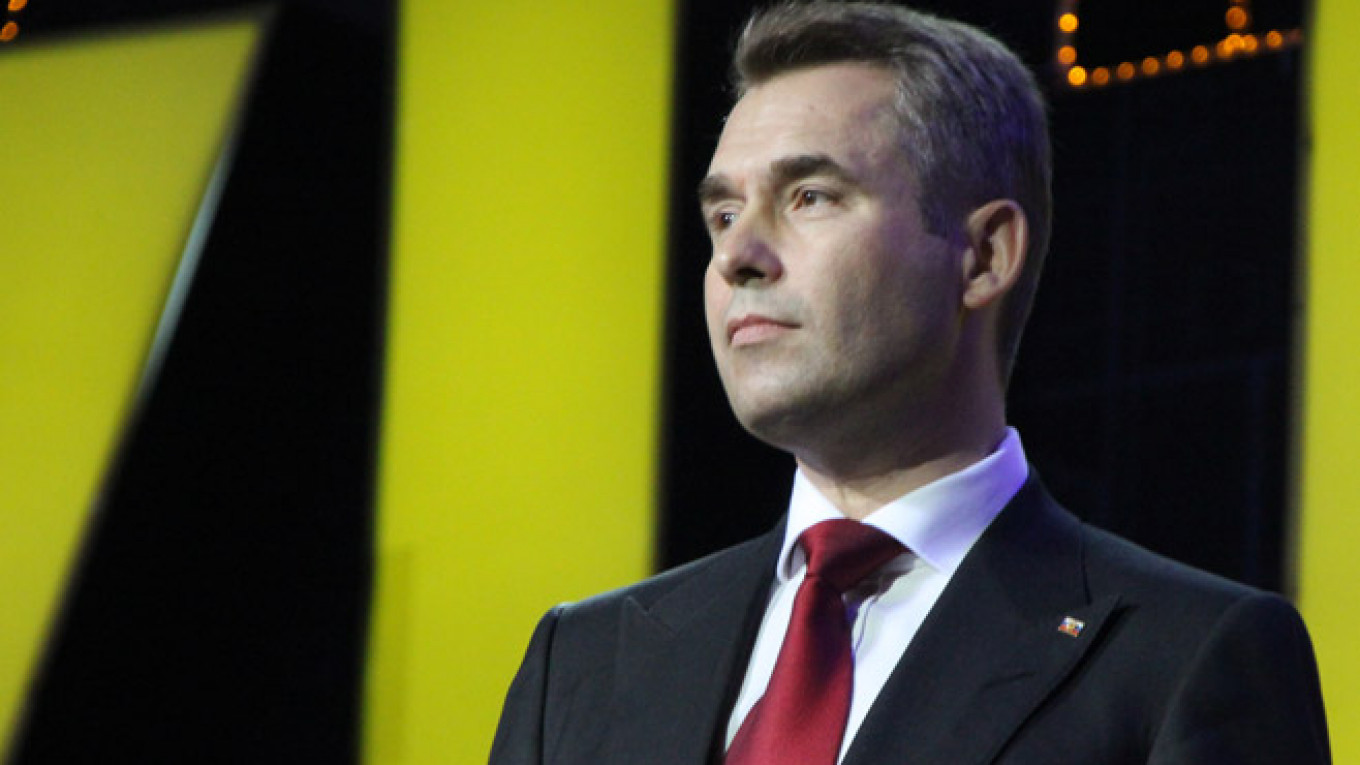The alleged killing of a five-year-old Russian boy by his adoptive Italian father has been met in Russia with mourning and calls for adoption reform, feeding an ongoing movement to keep orphans out of foreign hands.
Maxim Maravalle, last name Kichigin by birth, died on the night of July 17 in Pescara, Italy, according to a statement on the Russian Foreign Ministry's website. Several Russian media sources have reported that he was strangled.
"The crime was committed by the boy's adopted father — Massimo Maravalle, who was arrested by the police. Pescara's Prosecutor General has opened a criminal case against [him]," the statement said, citing information from the Italian government.
Maravalle is thought to have suffered from a psychological illness, a fact that, according to the Italian authorities, was never disclosed during the adoption process, which was concluded in 2012.
The Investigative Committee for the Amur region, where Maxim was born and adopted, has already opened a criminal case and is investigating members of the local government for "negligence in processing the [adoption] documents," as well as looking into the boy's living conditions in Italy, according to a statement published Sunday on the committee's website.
In a sign of the troubling direction the affair could take, the committee is also investigating the legality of the boy being sent abroad rather than into the care of Russian citizens or relatives.
Yelena Mizulina, a State Duma deputy and conservative moral crusader who was a driving force behind Russia's "gay propaganda" law, has meanwhile called for a probe into Italy's procedures for selecting adoptive parents.
"It is completely obvious that we need a thorough analysis of the entire procedure which exists in Italy for selecting candidates for adoption," Mizulina said, RIA Novosti reported.
The incident is all the more troubling given the fact that Italy is the leading destination for Russian children adopted by foreigners, she added.
Italy gained this status only last year after citizens of the U.S., who had been No. 1 for adoptions, were barred from taking in Russian children under the Dima Yakovlev Law. The law, which went into force on Jan. 1, 2013, is named after a two-year-old Russian boy who died in 2008 after being left unattended in a vehicle by his adoptive U.S. father.
While fueled by public outrage over widespread reports that Russian orphans had been mistreated in the U.S., the bill was widely viewed as a calculated political response to the Magnitsky Act, a U.S. law that blacklisted Russian officials implicated in humans rights violations and the death of the lawyer after whom it was named.
A total of 560 Russian children — half of all the children adopted by foreigners — went to Italy in 2013, according to a report published earlier this month by Russia's Supreme Court.
At the same time, the report found that the total number of Russian children adopted abroad has nearly halved since the introduction of the law, falling 48 percent last year compared to 2012.
Hearing the news of Maxim Maravalle's death, Russian children's rights ombudsman Pavel Astakhov on Saturday published an account of the events on Twitter and called on Italian Prime Minister Matteo Renzi to personally handle the investigation.
In response to Astakhov's posts, several outraged Twitter users called for the adoption of Russian children by foreigners to be banned altogether.
"We need to ban adoptions of our children by people from other countries," one user wrote in Russian.
Another wrote the same, adding: "How long can this go on for?"
See also:
Contact the author at [email protected]
A Message from The Moscow Times:
Dear readers,
We are facing unprecedented challenges. Russia's Prosecutor General's Office has designated The Moscow Times as an "undesirable" organization, criminalizing our work and putting our staff at risk of prosecution. This follows our earlier unjust labeling as a "foreign agent."
These actions are direct attempts to silence independent journalism in Russia. The authorities claim our work "discredits the decisions of the Russian leadership." We see things differently: we strive to provide accurate, unbiased reporting on Russia.
We, the journalists of The Moscow Times, refuse to be silenced. But to continue our work, we need your help.
Your support, no matter how small, makes a world of difference. If you can, please support us monthly starting from just $2. It's quick to set up, and every contribution makes a significant impact.
By supporting The Moscow Times, you're defending open, independent journalism in the face of repression. Thank you for standing with us.
Remind me later.






